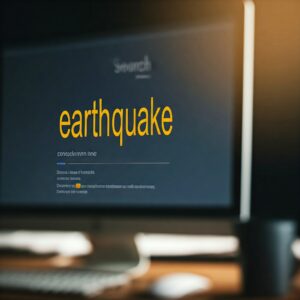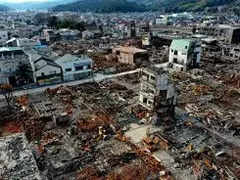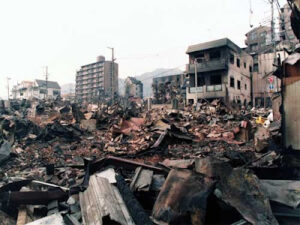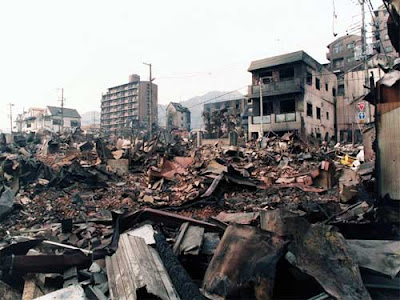Introduction
In recent times, the phrase “earthquake near me” has become a top trending search term, indicating a growing precaution and concern among people about seismic activity in their areas. With the increasing frequency and intensity of earthquakes worldwide, it’s essential to be prepared and informed about earthquake safety and preparedness. This article provides comprehensive information on earthquakes, their causes, and what you can do to stay safe.
Understanding Earthquakes
An earthquake is a sudden release of energy in the Earth’s crust, usually caused by tectonic plate movement or volcanic activity. Earthquakes can occur anywhere, but some regions are more prone to seismic activity due to their location near fault lines or volcanic zones. The severity of an earthquake is measured by its magnitude, intensity, and depth.

Why “Earthquake Near Me” is Trending
The rising concern about earthquakes can be attributed to several factors:
-
Increased seismic activity: The number of earthquakes worldwide has increased in recent years, leading to more frequent and intense seismic events.
-
Growing awareness: Advances in technology and social media have made it easier for people to access information about earthquakes and their impact.
-
Personal preparedness: As people become more aware of the risks associated with earthquakes, they’re taking steps to prepare themselves and their families for potential disasters.
What to Do If You Search for “Earthquake Near Me”
If you’re concerned about earthquakes in your area, here are some steps you can take:
-
Stay informed: Visit reputable websites, such as the United States Geological Survey (USGS), for information on earthquake activity in your area.
-
Create an emergency plan: Develop a family emergency plan that includes a communication strategy, evacuation routes, and a meeting point.
-
Secure your home: Take steps to earthquake-proof your home, such as securing heavy furniture and objects, and storing hazardous materials safely.
-
Practice earthquake drills: Conduct regular earthquake drills with your family to ensure everyone knows what to do in case of an earthquake.

Earthquake Safety Tips
In addition to the steps mentioned above, here are some earthquake safety tips to keep in mind:
-
Drop, Cover, and Hold On: During an earthquake, immediately drop to the ground, take cover under a sturdy piece of furniture, and hold onto it to prevent being knocked over or pulled away.
-
Stay away from hazards: Avoid windows, mirrors, glass, and any heavy furniture or objects that could fall on you.
-
Evacuate if necessary: If you’re in a building that’s been damaged or is at risk of collapse, evacuate immediately and move to a safe location.
Earthquake Preparedness Checklist
Here’s a comprehensive earthquake preparedness checklist to help you prepare:
-
Emergency kit: Create an emergency kit with essential items such as water, non-perishable food, first aid supplies, and a battery-powered radio.
-
Communication plan: Develop a communication plan that includes contact information for family members and a designated meeting point.
-
Secure your home: Take steps to earthquake-proof your home, such as securing heavy furniture and objects, and storing hazardous materials safely.
-
Practice earthquake drills: Conduct regular earthquake drills with your family to ensure everyone knows what to do in case of an earthquake.

Conclusion
The trend of searching for “earthquake near me” indicates a growing concern about seismic activity and its potential impact on our lives. By staying informed, creating an emergency plan, securing your home, and practicing earthquake drills, you can reduce your risk and be better prepared for earthquakes. Remember, preparedness is key to staying safe during seismic events.
Frequently Asked Questions
-
What is the difference between earthquake magnitude and intensity?: Earthquake magnitude refers to the size of the earthquake, while intensity refers to the effects of the earthquake on the Earth’s surface.
-
How can I protect myself during an earthquake?: The safest thing to do during an earthquake is to drop to the ground, take cover under a sturdy piece of furniture, and hold onto it to prevent being knocked over or pulled away.
-
What should I do after an earthquake?: After an earthquake, check for injuries and provide assistance if needed. Also, be aware of potential hazards such as fallen power lines, sharp debris, and gas leaks.
